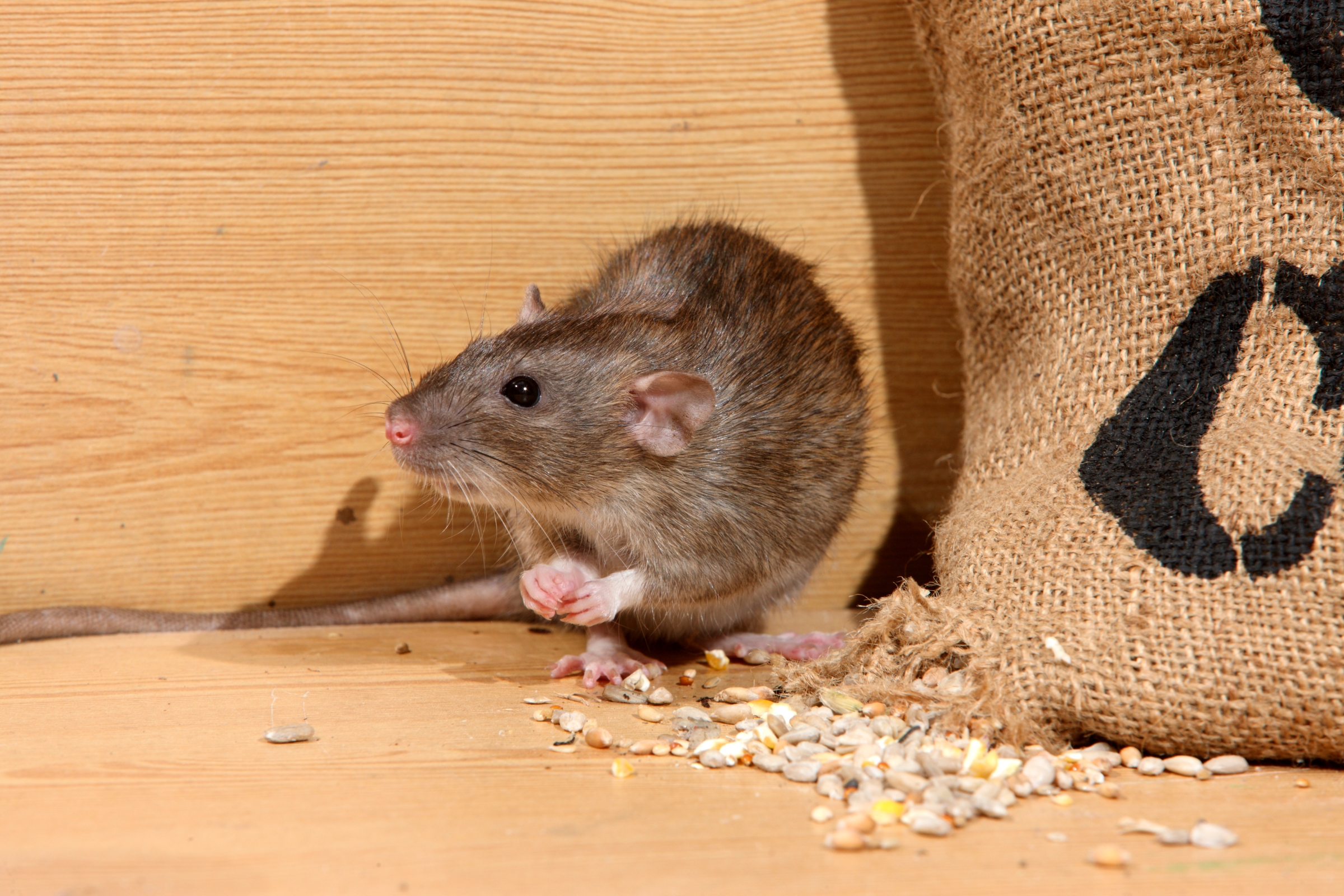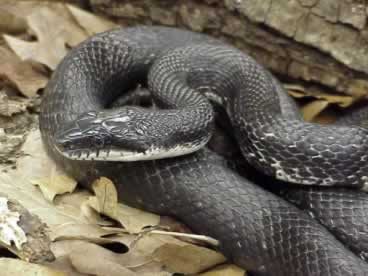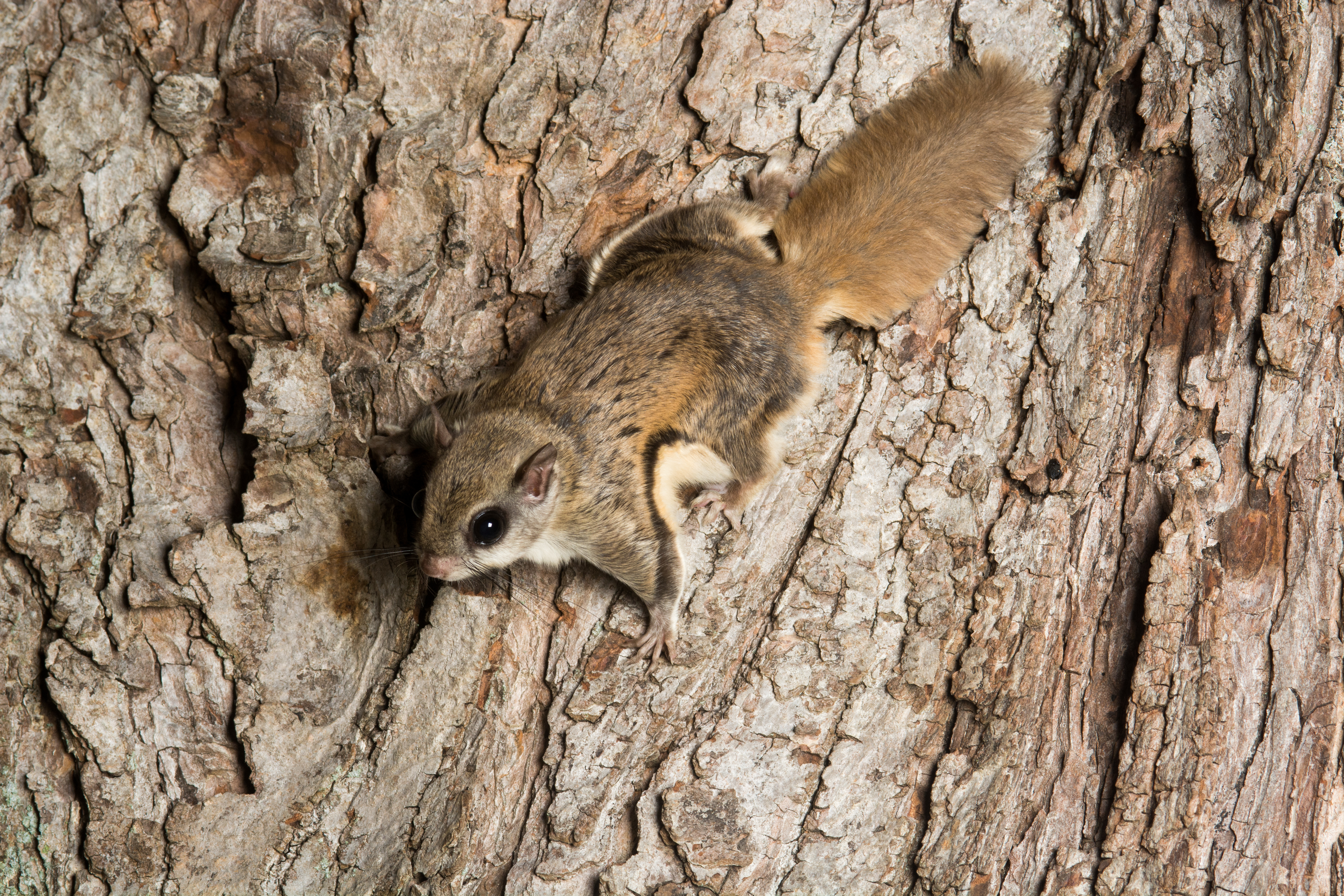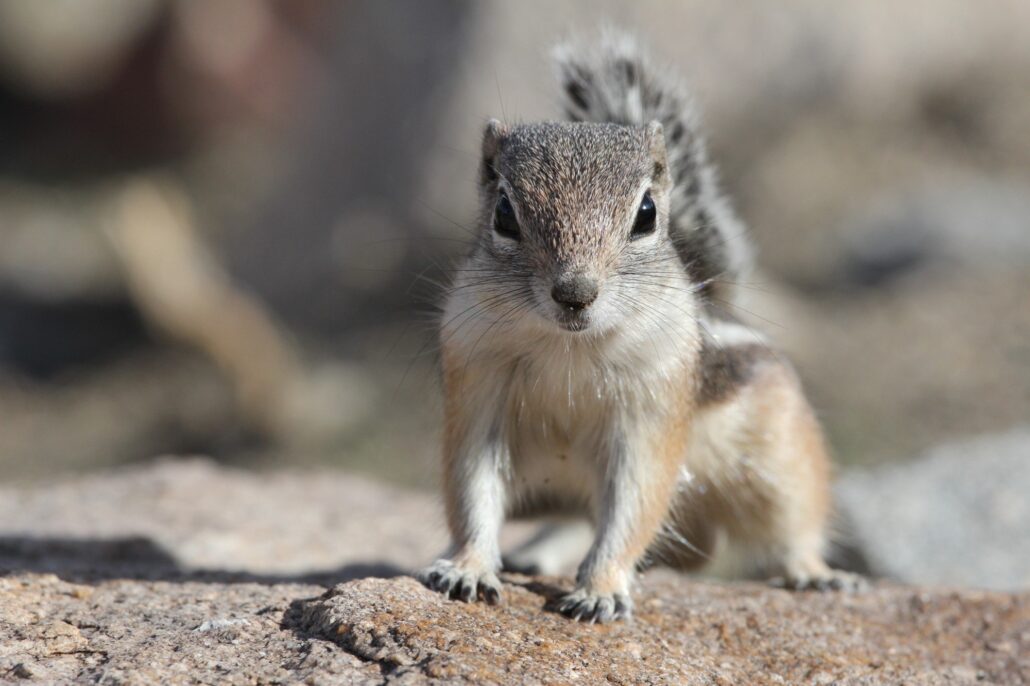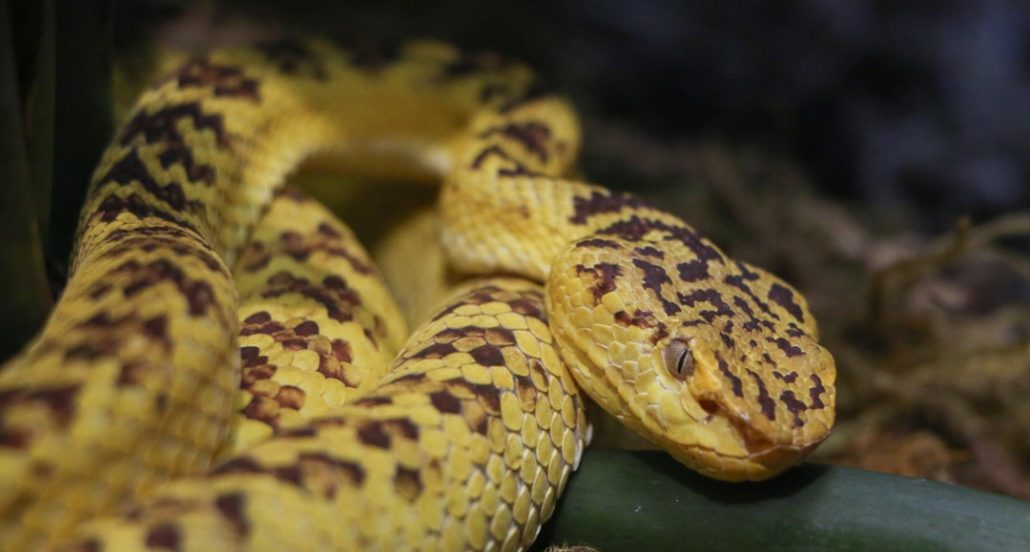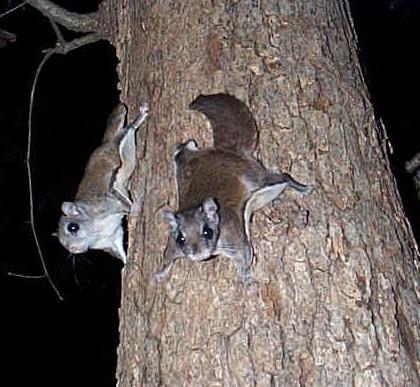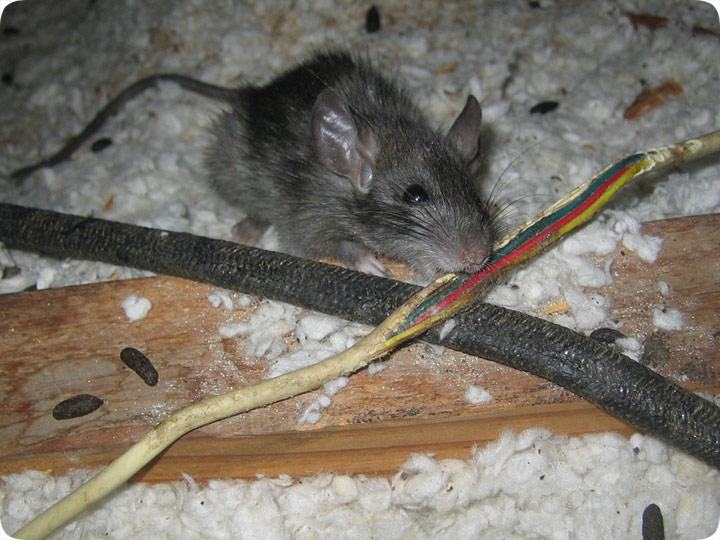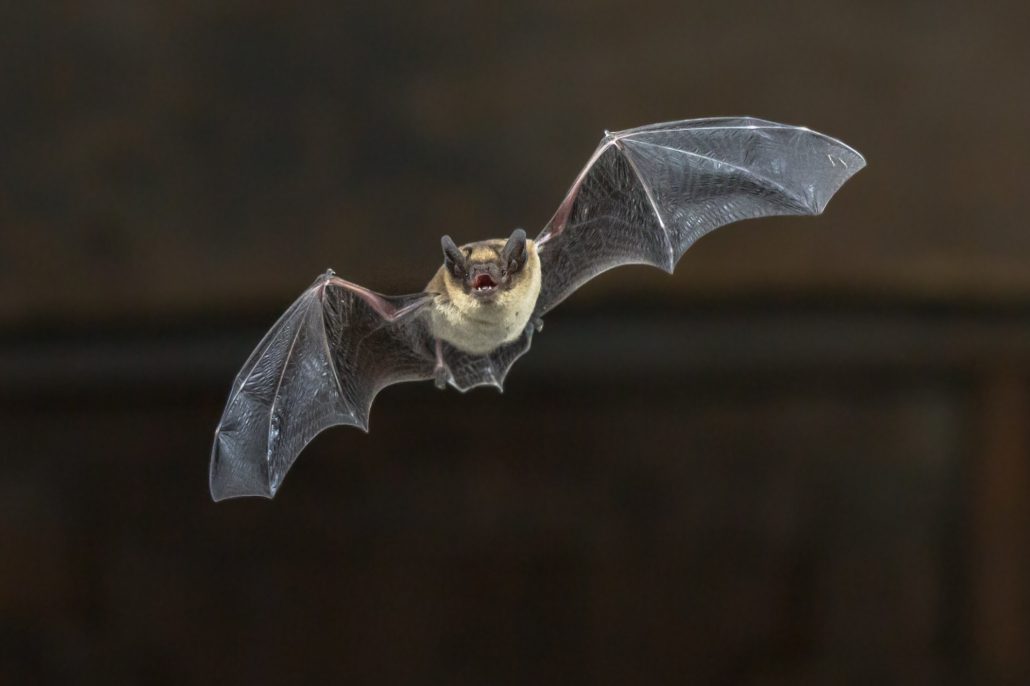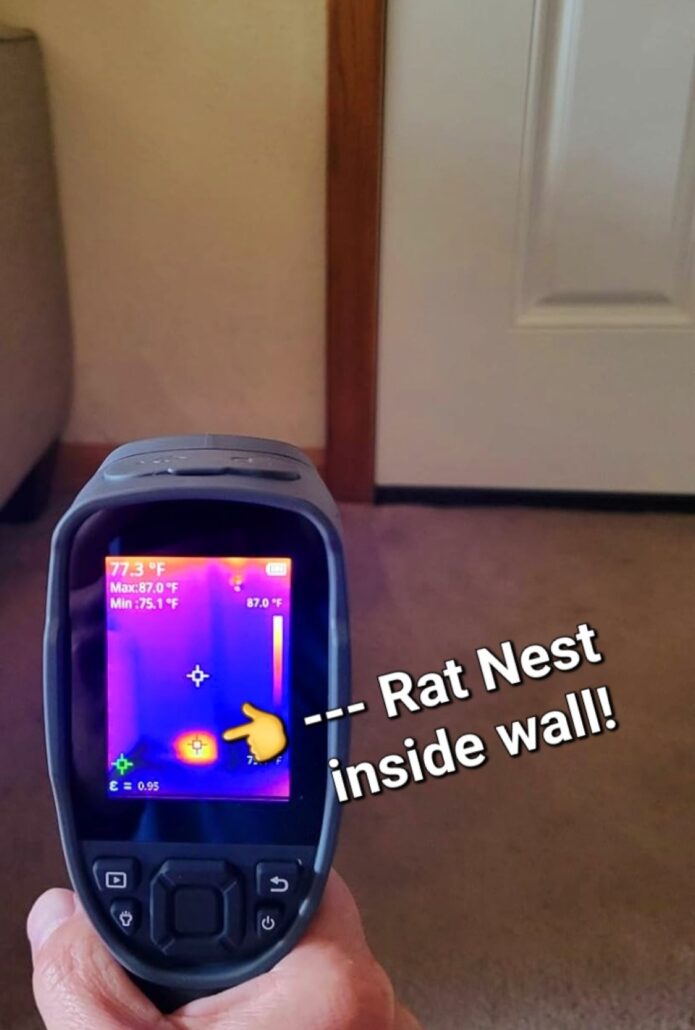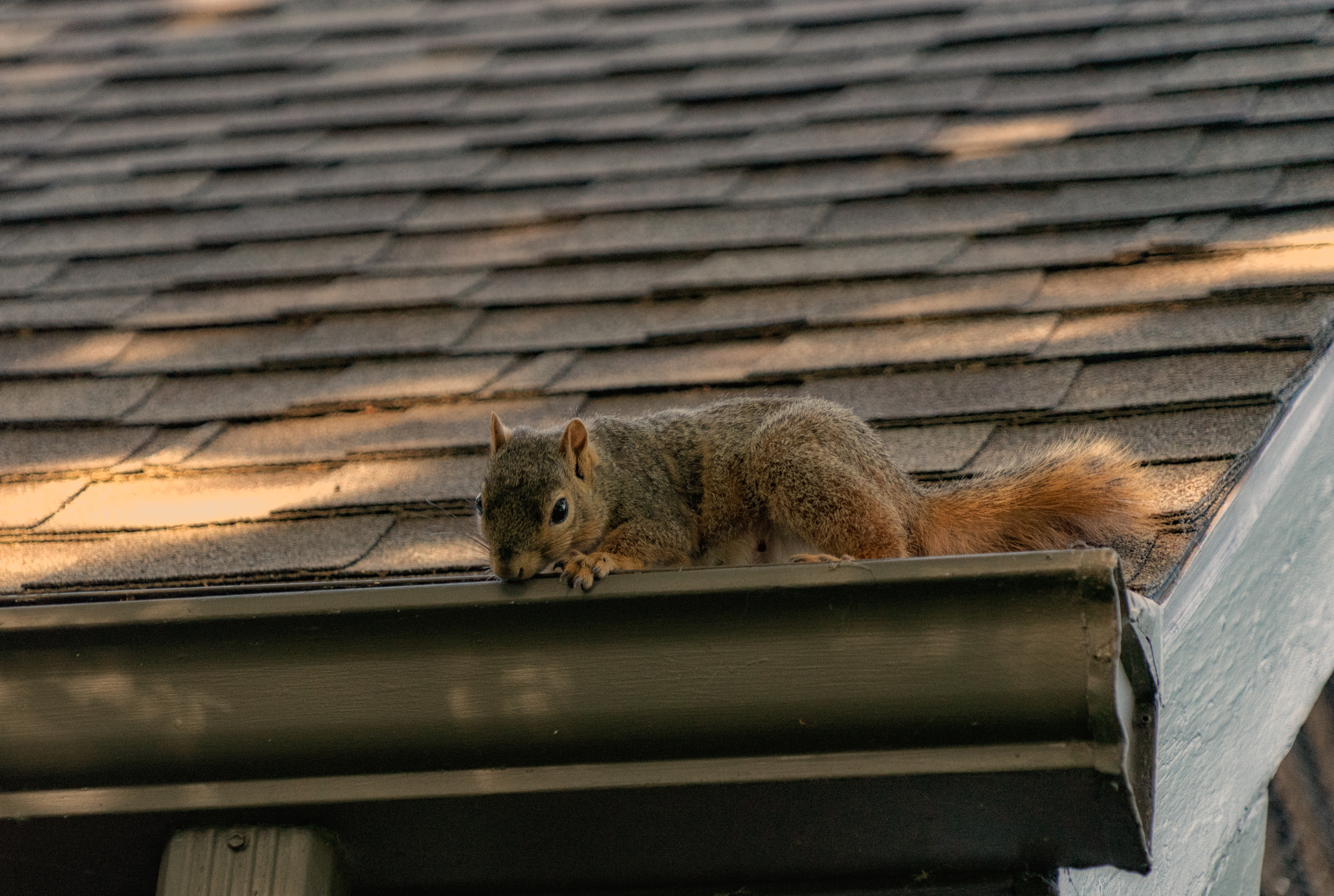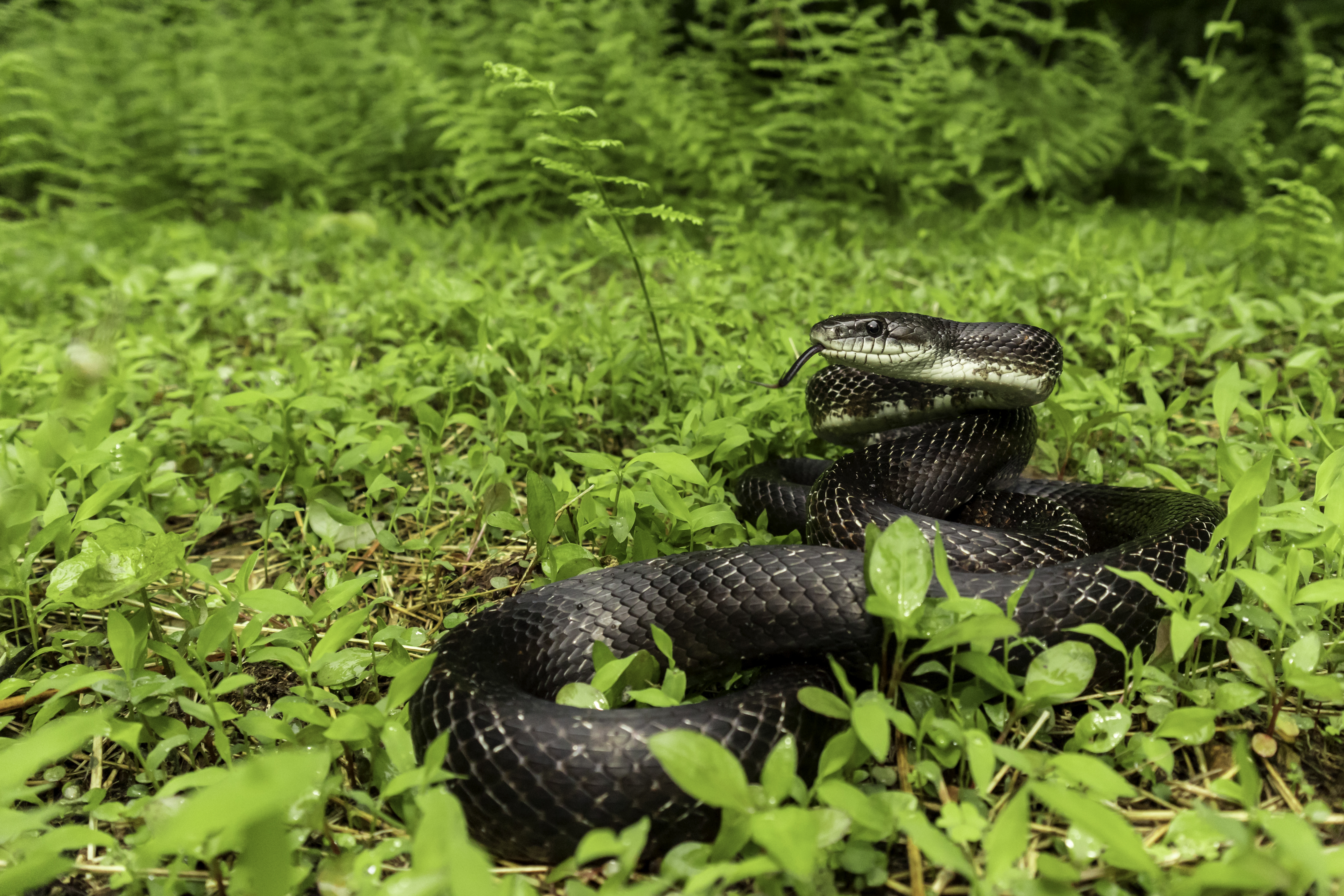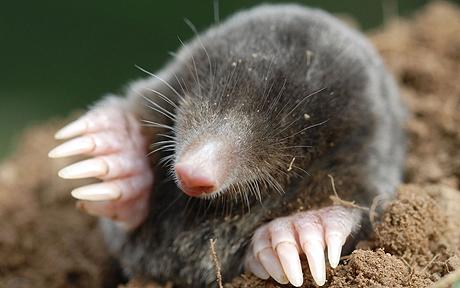How to End My Atlanta Rodent Infestation
Searching for how to end your Atlanta rodent infestation? Find out how Perimeter Wildlife can help mitigate your rodent infestation in Metro Atlanta, Georgia.
Need a Rodent Clearance Letter? Click Here
History of Rodent Infestations in Atlanta GA
The rodent crisis in Atlanta, Georgia has been raging for decades. Despite best efforts to keep them out, rodents continue to thrive in numerous environments. Residential as well as Commercial property owners suffer the consequences of any rodent infestation.
Existing protocols like waste management and building maintenance have had some success in helping control the rodent population. However, most rodents will just find somewhere else to go.
Rodents are usually attracted to food sources and areas with poor sanitation, especially in larger cities like Atlanta, GA. Though you can still have a rat problem even if you do not live in the city & your home is pristine. Controlling the rat population is essential to protect both public health and businesses.
Urban areas around the world suffer from rodents. Last year, over 495,000 structures within the 5 boroughs of New York City experienced rat damages & rodent infestations.
Causes of an Atlanta Rodent Infestation
Rodents are an issue in Atlanta, for numerous reasons. People leaving garbage out, leaving food out, and poor hygiene as well as poor property maintenance can all possibly start a rodent infestation. Unsealed homes or businesses also provide access. Plus, harsh weather can push rats and mice indoors, most rodents are just looking for a warm dry place to be.
Construction can disrupt rodent nests and make them look for new places-often our homes. Landscaping can create nests too. Poor drainage systems with standing water also make a great breeding place and provide a water source.
This is not a new problem-since the 1800s, many people have fought rat invasions in homes.
Signs of Rodent Infestations in Atlanta, Georgia
To determine whether your home in Atlanta is infested with rodents, you need to be aware of the various signs they leave behind. In order to identify a rodent infestation with ease, pay attention to droppings and urine stains, gnaw marks, scratching noises, burrows and nests, and sightings of live or dead rodents.
 Droppings and urine stains
Droppings and urine stains
Rodents in Atlanta have been leaving their mark! Small, dark, cylindrical excrement and urine stains can be spotted in areas they travel, such as along baseboards and in corners. These droppings can measure up to 1 inch in length.
It’s important to act fast upon seeing the signs of a rodent infestation, as they can carry harmful bacteria and diseases that pose a risk to human health. Cleaning up any excrement and sanitizing areas is essential. Plus, seal off any entry points and address any sources of food or water that could be attracting them.
A single mouse can produce up to 100 offspring in a year! Don’t wait until it’s too late – take proactive measures now to avoid the potential consequences of a rodent infestation.
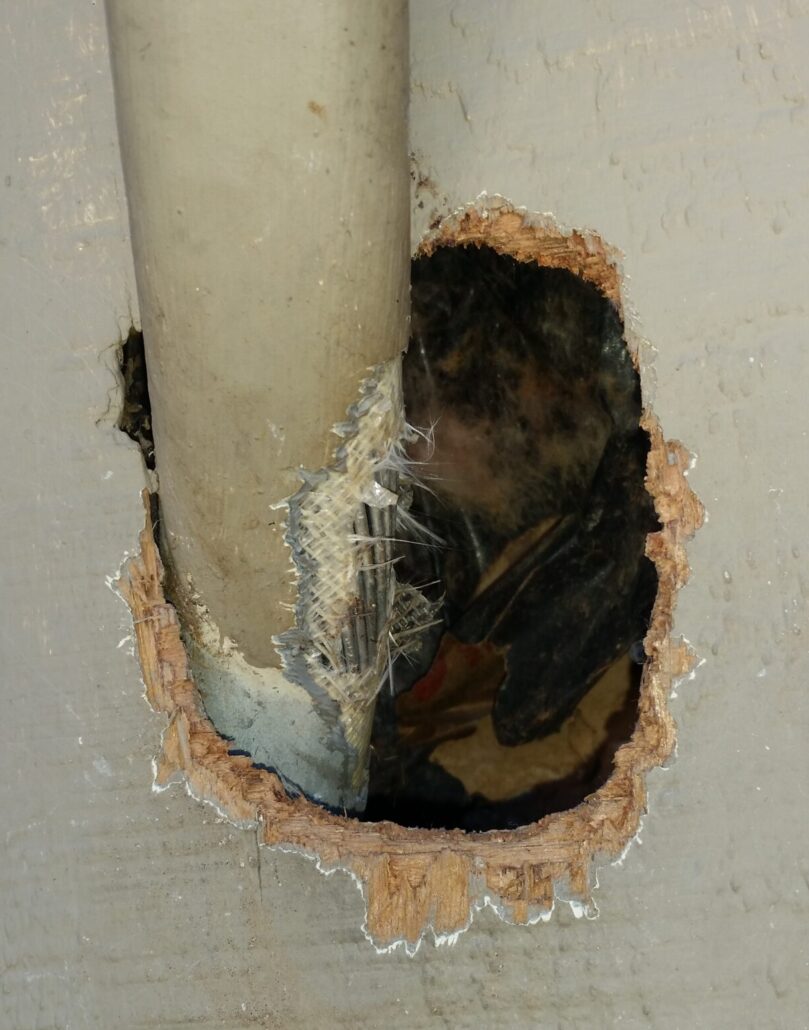 Gnaw marks
Gnaw marks
Gnaw marks are a tell-tale sign of rodents in Atlanta. These marks are left by rodents when they gnaw on different surfaces. This could be to sharpen their teeth, access food, or make entry points. The marks can show how severe the infestation is.
Examining Gnaw Marks:
- Surface Type
- Location
- Depth and Width
- Age and Color
Rodents usually gnaw on softer materials like wood, plastic, paper and fabric. The marks they leave have distinctive patterns. Fresh marks can be darker than aged ones due to oxidation over time.
To prevent further damage from rodents, seal openings where wires enter buildings. Keep floors clean, reduce clutter and dispose of garbage properly. Trim tree branches near your building to limit rooftop access, and repair all leaking taps. If necessary, hire a pest management service.
In conclusion, inspecting for gnaw marks and taking preventative measures can help prevent future rodent infestations. Professional pest control services can also be used for safety and to get rid of rodents.
Scratching noises
Rustling sounds coming from walls, floors and ceiling voids in quiet hours can be a sign of rodent infestation. They make these noises while walking, running, and scratching as they search for food. In areas with large infestations, this noise can be especially loud. It’s important to act quickly when hearing these sounds.
Mice and rats can cause serious damage to buildings. They chew on electrical cables, plumbing lines and wooden fixtures, which increases the risk of fire and weakens the building structure. This makes it harder to repair and encourages more pests to move in.
There are other signs of rodent presence too, like droppings, oily smears on walls, and gnawed objects. If left untreated, a pest infestation can cause serious medical problems, like salmonella from their feces and urine. If any warning signs appear, it’s important to contact a professional for assessment and prevention.
Burrows and nests
Evidence of Rodent Activity: Underground and Elevated Dwellings.
Signs of a rodent infestation include burrows and nests. These can be outdoors in soil or under vegetation, or indoors in walls, basements, attics or crawlspaces. Rats can enter buildings through small openings. They will then gnaw on walls, insulation or other materials to make their nest. Infestations can remain hidden until there is an unpleasant odor from their waste.
To prevent rodent problems, check for damage, look for droppings or tracks near food and dispose of trash quickly. Place pest control devices strategically around the property for early detection and prevention.
Pro Tip: Prevention is better than trying to eliminate an established infestation. If Atlanta looks like a rat city, it’s time to call the exterminator!
Sightings of live or dead rodents
Pay attention to signs of rodent activity in Atlanta’s homes and businesses. Warnings to look out for:
- Finding droppings near entrances, on the floor, countertops, in drawers, etc. is a sign of an infestation.
- Chewing marks on cardboard, food containers, cables, etc. can also point to rodents.
- Tracks that appear as smudges or prints in dusty or soft surfaces.
- Bad odors from urine or feces can mean a big infestation.
Checking for rodent activity. Keep in mind, rats are nocturnal, so you’re unlikely to spot them during the day. Live sightings usually mean serious infestations with nowhere for them to hide.
The Journal of Medical Entomology found that rodents are now more at ease living near humans. Looks like Atlanta has a real health hazard on its hands.
Health risks associated with rodent infestation in Atlanta
To safeguard yourself from the detrimental effects of rodent infestation in Atlanta, learn about the health risks that arise from it. Diseases transmitted by rodents, health risks associated with rodent droppings and urine, and allergies and respiratory problems caused by rodent infestation are the sub-sections that we’ll be focusing on.
Diseases transmitted by rodents
Rodent-borne illnesses are a major health risk in Atlanta. Its geography and humid subtropical climate make conditions perfect for rodents to thrive. Symptoms of these illnesses include:
- Hantavirus pulmonary syndrome (HPS): a deadly respiratory disease spread through infected rodent urine, droppings or saliva. It can be fatal if not treated soon.
- Salmonellosis: a bacterial infection caused by food contaminated with rat feces. It leads to diarrhea, fever and abdominal cramps.
- Leptospirosis: a dangerous bacterial disease spread through contact with water or soil with the urine of infected rodents. Symptoms include jaundice, kidney failure and more.
- Rat-bite fever: this is caused by bacteria present in rodents’ mouths or noses. It causes headache, fever, vomiting and muscle pain.
- Plague: a rare but deadly disease caused by Yersinia pestis bacteria which is carried by fleas hosted on rats. If untreated, it can kill within two days.
Rodents also carry ectoparasites like mice fleas, which lead to flea-borne typhus.
Ignoring rodent infestations can have serious consequences. In Atlanta, an old school building had an extensive rat infestation due to poor management. Students came into contact with droppings and urine and many contracted HPS.
CALL Perimeter Wildlife Control 24/7 at 770-369-7713 to End Your Atlanta Rodent Infestation!

